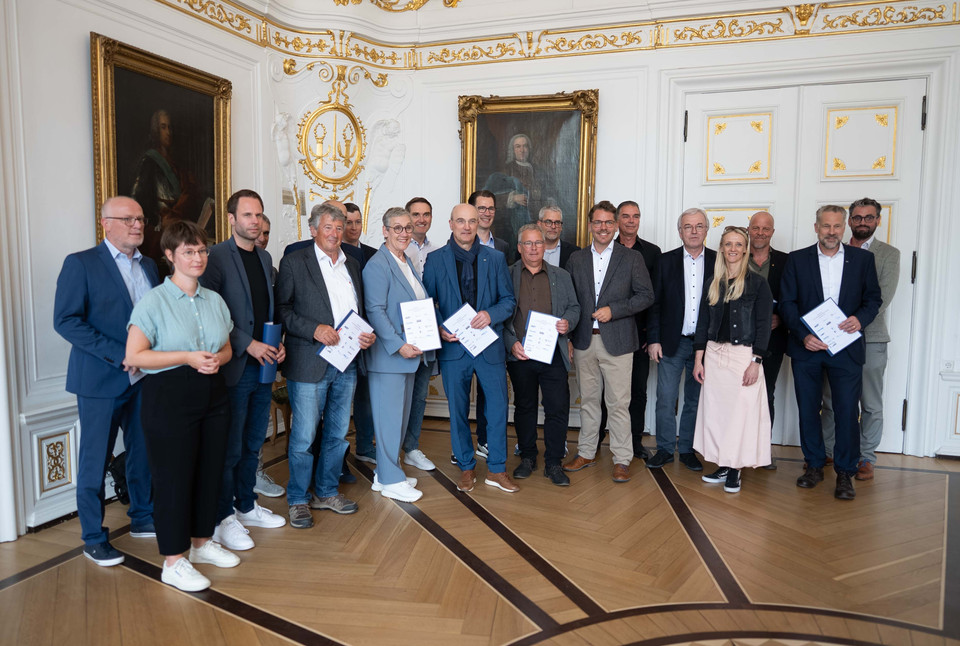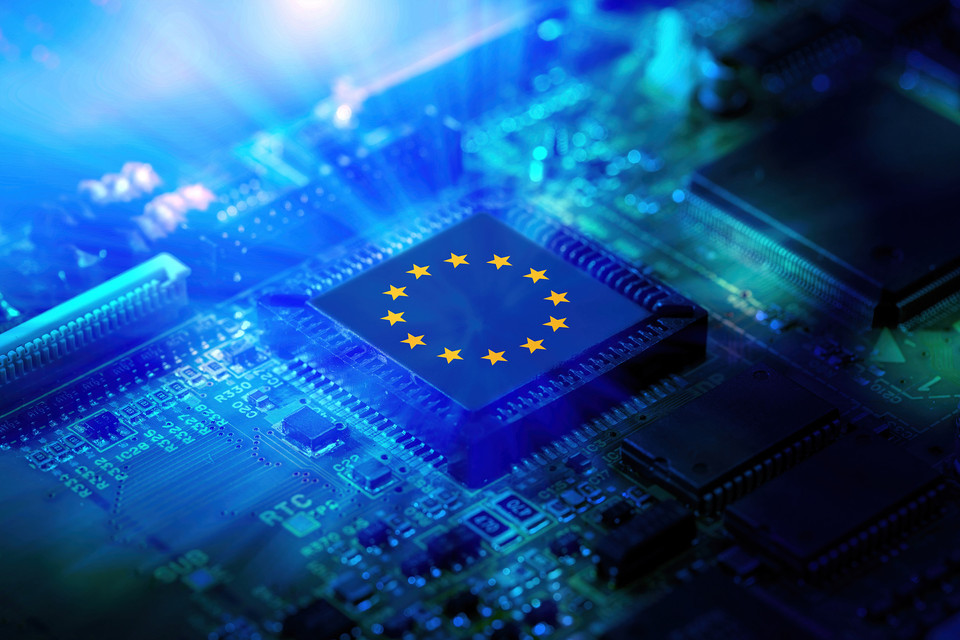Jun 13, 2025 Dr. Jörg Herbers
ShareEurope is at a turning point in the development of artificial intelligence (AI). While hyperscalable AI models are emerging in the US and China is making AI a pillar of its national industrial strategy, Europe has long been primarily an observer. Now is the time to forge its own path – with technological substance and strategic determination.
From Regulation to Technological Sovereignty
The European AI Act is an important step toward establishing ethical standards and trust in AI systems. But regulation alone is not enough. Europe must develop the ambition to translate its economic strength, industrial DNA, and logistical excellence into scalable, marketable AI systems – from Europe, for Europe, and for the global market.
“AI made in Europe” must not remain a defensive formula for regulation or ethical demarcation. It is not about taming technology but about making it productive. It is not about AI criticism, but about AI competence. With its industrial foundation, its educational and research institutions, and its operational fields of application, Europe – and Germany in particular – has the ideal conditions for pursuing an independent, competitive AI strategy.
Operational Intelligence: A European Edge
The operational intelligence of European industry does not lie in Californian data centers, but on the shop floor, in complex supply chains, in multimodal hubs – and in the ability to control processes efficiently, robustly, and flexibly under real-world conditions. This is precisely where AI “made in Europe” comes in: not as a playground for generative text models, but as a tactical brain in process control. As a decision support system that translates operational complexity into controllable processes.
This is not a vision, it is a lived practice. It is where precise decisions are required in uncertain situations. Where it is not enough to recognize patterns, but where you must act in real time.
Tactical Automation builds Strategic Resilience
The strategic leverage of this operational AI is enormous: companies that digitalize and automate the tactical control of their processes can not only operate more efficiently, but also react more quickly when markets, political conditions, or supply chains change. In short, tactical automation creates strategic resilience.
And this is precisely where Europe's opportunity lies. Because this ability – to adapt to new developments, to convert machines and systems, to reconfigure production lines – is part of our industrial identity. It is deeply rooted in the regions, in education, and in the structure of small and medium-sized enterprises.
Aachen: A Model Region for European AI
One example of this structural advantage is the city of Aachen. The city combines cutting-edge research, industrial excellence, and a dynamic innovation ecosystem. With RWTH Aachen University as one of Europe's leading technical universities, a growing start-up scene, and strong industrial partners, a regional environment is emerging here that exemplifies what European AI development can look like: application-oriented, responsible, and scalable.

The AI Alliance Aachen, founded in May 2025, further solidifies this ambition. To kick off this alliance, we have signed the “Memorandum for a Strong Ecosystem for Artificial Intelligence in the Aachen Area” together with leading regional players from business, science, and politics. Our clear ambition is to make Aachen a flagship of European AI competence.
The signing took place during Aachen AI Week and was part of a diverse program. With 40 events – including the participation of INFORM – at a wide variety of locations, the diversity and innovative power of artificial intelligence in our region was brought to life in a spectacular way for a whole week – for the public, companies, and families alike.
This week’s events have once again shown that if Europe is serious about AI, it needs places like Aachen – not just as symbolic locations, but as hubs. This shows how political vision, and technological depth can give rise to concrete implementation projects.
Investments in Infrastructure and Talent
Targeted investments are necessary to successfully pursue this path. The European Commission recently unveiled the InvestAI program, which aims to mobilize €200 billion to strengthen Europe's AI capabilities. This includes setting up AI gigafactories, developing European semiconductors, and promoting talent. Such initiatives are crucial to securing Europe's technological sovereignty.
Conclusion: Seize Europe's moment
Europe has the potential to take a leading role in AI development. However, this requires a clear self-image and the will to strive for technological leadership. It is time for technological self-assertion – for AI made in Europe.
About our Expert



